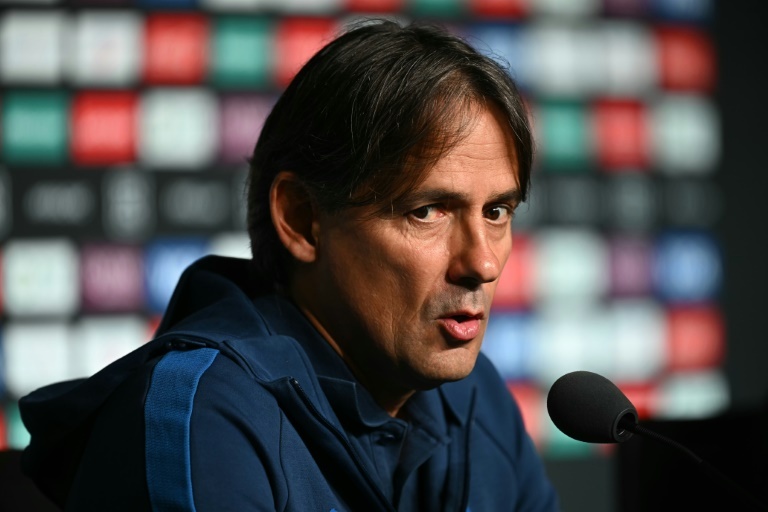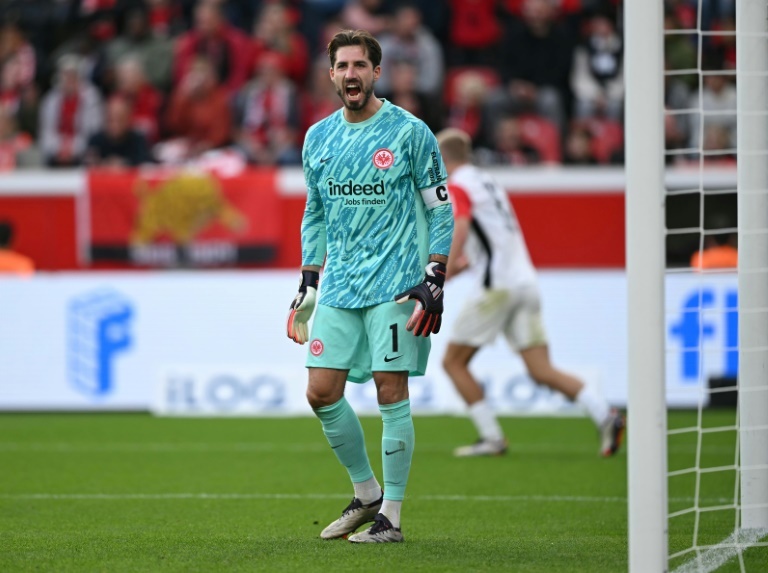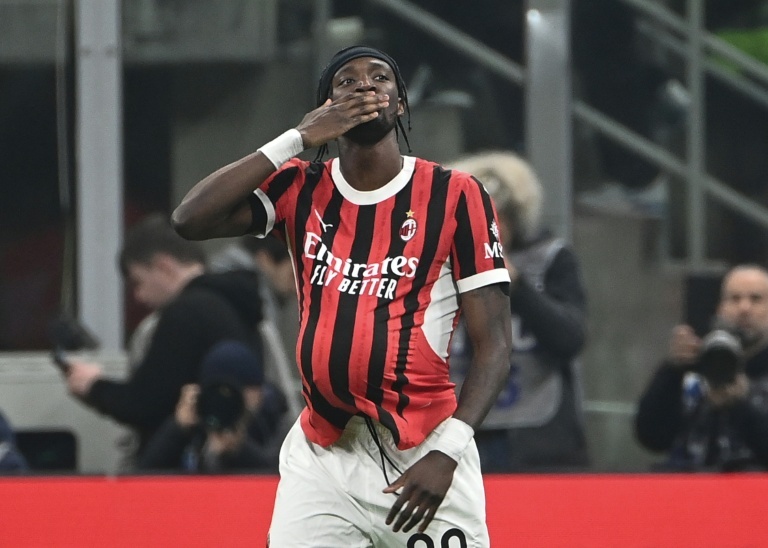Football’s Financial Goals: The Link Between Player Transfers and Forex Fluctuations

Football isn’t just about the game on the pitch. It’s a big business with money moving every which way.
9 months ago
One of the most fascinating aspects of football’s business side is the relationship between player transfers and currency exchange rates - also known as Forex.
When clubs buy or sell players, the transaction often involves different currencies.
For example if a Premier League club in England buys a player from Spain the deal will involve pounds and euros.
The value of these currencies can change daily and can affect the final cost of the deal.
When clubs make big deals they often do it in a different currency to the one they use.
For example a club in England signs a player from Italy. The deal is in euros but the club will need to pay in pounds.
If the exchange rate changes it can make the deal more expensive - or cheaper - than they originally planned.
Let’s look at an example:
A Premier League club agrees to pay €50m for a player from Spain.
At the time of the deal the exchange rate is 1 euro = 0.85 pounds.
So the club will pay £42.5m for the player.
Now imagine the exchange rate shifts before the deal is done.
If the new rate is 1 euro = 0.80 pounds the same €50m transfer will now cost £40m. This can have a big impact on the club’s budget and decision making.
Football clubs are businesses and businesses care about costs. When the exchange rate changes it can affect the price of a transfer.
Clubs might have to act quickly or delay payments until the rate is more favourable.
Some clubs have bigger financial departments that monitor the exchange rates closely.
Others will struggle if the rates move too much and they have to pay more than they expected.
For example the Brexit vote in 2016 had a big impact on the pound and the market insights on gold.
Many football transfers became more expensive for English clubs, especially those buying players from European countries.
This led to some clubs not making big signings for a while.
Many football clubs use hedging to deal with currency fluctuations. Hedging is a way to mitigate risk.
Just like how you might fix a price to avoid price increases, football clubs can fix an exchange rate in advance.
For example if a club is buying a player in euros but thinks the euro might strengthen they can agree a fixed rate with a bank or financial institution.
This way, no matter what happens to the euro in the future, the club knows exactly how much they will pay.
Big global events like financial crises, natural disasters or political changes can cause currency values to move quickly.
For example during the 2008 financial crisis many football clubs found themselves paying more for foreign players as the pound dropped in value.
Similarly Brexit caused the pound to move and international transfers became harder to predict.
Clubs need to keep an eye on these events when they are planning to make transfers. They may decide to accelerate or slow down deals depending on the exchange rate.
The only thing that must not be forgotten is that football is played all over the world.
People travel between countries constantly, therefore, whatever currency they use is always experiencing fluctuations.
Football clubs are even more contracted to the global economy than any business entity.
The value of a currency influences which players a club can cub and even how much it has to spend on wages.
Sometimes,financially strong clubs like Manchester City or Paris Saint-Germain are then in a position to bear these fluctuations of currency rates more comfortably.
However for the small clubs especially those which are based in the less developed countries even small changes in the exchange rate can greatly affect the amount that is to be disbursed.
The industry’s financial structure is becoming more complicated and Forex will also have an impact on the movement of players.
With globalisation as the world moves forward clubs will also have to become efficacious on the manner in which; they manage their commissions.
That means monitoring the exchange rate constantly and trying to ‘fix’ it somehow.
As for me they risk getting into the financial problems those clubs that do not pay attention to Forex fluctuations.
When clubs buy or sell players, the transaction often involves different currencies.
For example if a Premier League club in England buys a player from Spain the deal will involve pounds and euros.
The value of these currencies can change daily and can affect the final cost of the deal.
When clubs make big deals they often do it in a different currency to the one they use.
For example a club in England signs a player from Italy. The deal is in euros but the club will need to pay in pounds.
If the exchange rate changes it can make the deal more expensive - or cheaper - than they originally planned.
Let’s look at an example:
A Premier League club agrees to pay €50m for a player from Spain.
At the time of the deal the exchange rate is 1 euro = 0.85 pounds.
So the club will pay £42.5m for the player.
Now imagine the exchange rate shifts before the deal is done.
If the new rate is 1 euro = 0.80 pounds the same €50m transfer will now cost £40m. This can have a big impact on the club’s budget and decision making.
Football clubs are businesses and businesses care about costs. When the exchange rate changes it can affect the price of a transfer.
Clubs might have to act quickly or delay payments until the rate is more favourable.
Some clubs have bigger financial departments that monitor the exchange rates closely.
Others will struggle if the rates move too much and they have to pay more than they expected.
For example the Brexit vote in 2016 had a big impact on the pound and the market insights on gold.
Many football transfers became more expensive for English clubs, especially those buying players from European countries.
This led to some clubs not making big signings for a while.
Many football clubs use hedging to deal with currency fluctuations. Hedging is a way to mitigate risk.
Just like how you might fix a price to avoid price increases, football clubs can fix an exchange rate in advance.
For example if a club is buying a player in euros but thinks the euro might strengthen they can agree a fixed rate with a bank or financial institution.
This way, no matter what happens to the euro in the future, the club knows exactly how much they will pay.
Big global events like financial crises, natural disasters or political changes can cause currency values to move quickly.
For example during the 2008 financial crisis many football clubs found themselves paying more for foreign players as the pound dropped in value.
Similarly Brexit caused the pound to move and international transfers became harder to predict.
Clubs need to keep an eye on these events when they are planning to make transfers. They may decide to accelerate or slow down deals depending on the exchange rate.
The only thing that must not be forgotten is that football is played all over the world.
People travel between countries constantly, therefore, whatever currency they use is always experiencing fluctuations.
Football clubs are even more contracted to the global economy than any business entity.
The value of a currency influences which players a club can cub and even how much it has to spend on wages.
Sometimes,financially strong clubs like Manchester City or Paris Saint-Germain are then in a position to bear these fluctuations of currency rates more comfortably.
However for the small clubs especially those which are based in the less developed countries even small changes in the exchange rate can greatly affect the amount that is to be disbursed.
The industry’s financial structure is becoming more complicated and Forex will also have an impact on the movement of players.
With globalisation as the world moves forward clubs will also have to become efficacious on the manner in which; they manage their commissions.
That means monitoring the exchange rate constantly and trying to ‘fix’ it somehow.
As for me they risk getting into the financial problems those clubs that do not pay attention to Forex fluctuations.







Comments